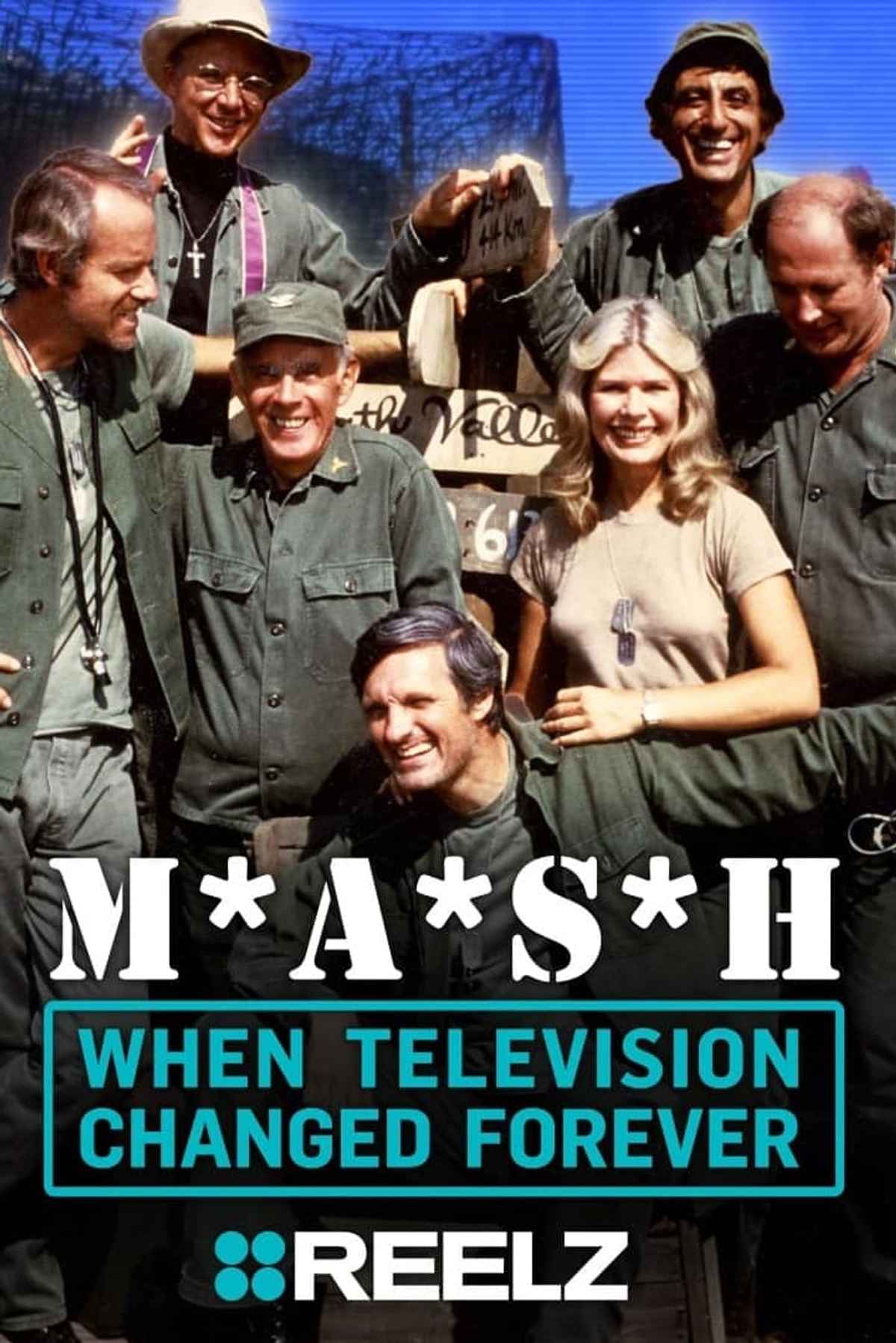The World of M*A*S*H: A Timeless Television Classic
M*A*S*H, the iconic American war comedy-drama television series that aired on CBS from 1972 to 1983, remains one of the most beloved shows in television history. Developed by Larry Gelbart, this groundbreaking series was set during the Korean War and followed the lives of medical personnel at a Mobile Army Surgical Hospital (MASH). The show not only captured the humor and camaraderie of its characters but also delved deeply into the harsh realities of war.
The Evolution of M*A*S*H
The concept of M*A*S*H originated with Richard Hooker's semi-autobiographical novel, which later inspired Robert Altman's acclaimed 1970 film. While the TV adaptation shared some elements with the book and movie, it carved out its own unique identity over its 11-season run. The series evolved from a light-hearted comedy to a more dramatic tone as it progressed, reflecting the changing attitudes toward war and societal issues during the 1970s and early 1980s.
Television Series milestones include memorable performances by Alan Alda as Captain Hawkeye Pierce, Loretta Swit as Major Margaret Hot Lips Houlihan, and Harry Morgan as Colonel Sherman T. Potter. These characters, along with others like Klinger, Radar O'Reilly, and Father Mulcahy, became household names and cultural touchstones.
A Look Behind the Scenes
Beyond the screen, M*A*S*H had a profound impact on those involved in its production. For instance, actress Judy Farrell, who played Nurse Lacey as a recurring character, fondly recalls working alongside legends such as Alan Alda and Harry Morgan at 20th Century Fox studios. Her experiences highlight the collaborative spirit and professionalism that defined the show’s success.
Interestingly, the jeeps featured prominently in the series were actually leftover models from World War II. Although historically inaccurate for the Korean War setting, these vehicles added authenticity to the visual aesthetic of the show. Many fans first developed an appreciation for classic military vehicles after watching M*A*S*H, sparking lifelong interests.
Cultural Relevance and Modern Adaptations
If M*A*S*H were created today, certain adjustments would likely be necessary to align with contemporary values and diversity standards. One potential change could involve expanding roles traditionally held by male doctors to include nurses or other underrepresented groups within healthcare professions. Such updates could enhance representation while preserving the essence of what made the original so compelling.
For millennials discovering M*A*S*H through platforms like Netflix, the series offers both nostalgia and fresh perspectives. Its ability to blend humor with poignant storytelling continues to resonate across generations, proving its timeless appeal.
Legacy and Impact
M*A*S*H is widely regarded as one of the greatest television shows ever produced. It combined comedy and drama seamlessly, tackling serious themes such as mental health, prejudice, and the futility of war. The final episode, Goodbye, Farewell, and Amen, remains the most-watched series finale in U.S. television history, drawing an unprecedented audience.
In addition to its entertainment value, M*A*S*H fostered meaningful discussions about important social issues. Interviews with cast members, creators, and superfans reveal how profoundly the show influenced popular culture. Today, podcasts and fan communities keep the spirit of M*A*S*H alive, ensuring that new audiences can appreciate its enduring legacy.
From books and documentaries to themed parties and merchandise, M*A*S*H enthusiasts continue to celebrate this remarkable series. Whether revisiting favorite episodes or exploring behind-the-scenes stories, there’s always something new to discover about the world of M*A*S*H.

